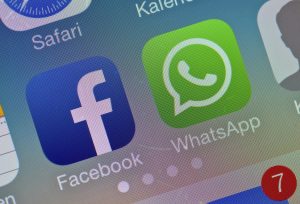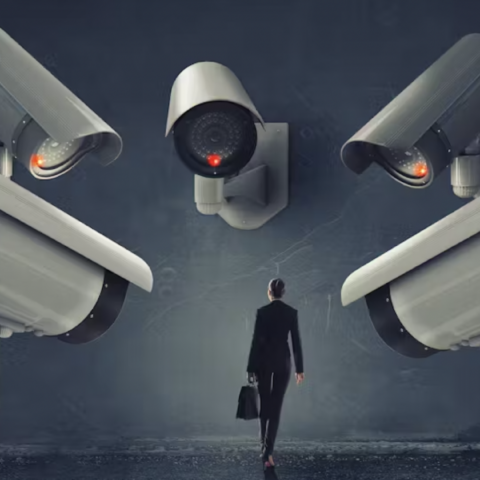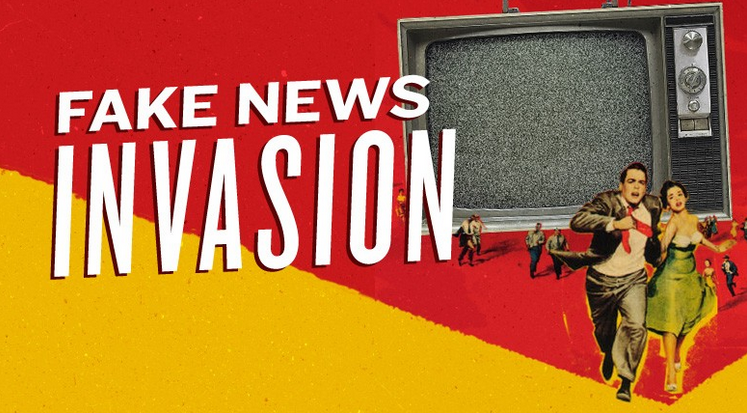 by: Sam Kinsman
by: Sam Kinsman
The world’s largest social network just became larger. On Feb. 19, Facebook announced its acquisition of WhatsApp, a cross-platform mobile messaging app that allows smartphone owners to communicate with each other using only their existing Internet data plan or Wi-Fi connection. To call the app’s user growth explosive is an understatement. Since launching in 2009, WhatsApp has rocketed to more than 450 million monthly active users, grows by one million new users per day, and reports a higher daily user engagement than Facebook itself (70 percent vs. 61 percent). The company’s tiny workforce of 55 employees (only 32 of them engineers) has managed to build a system that processes a staggering 50 billion messages per day.
The popularity of Facebook’s social network means its business decisions are very closely watched and commented on by the media, investors, and users (who ironically voice their opinions on Facebook itself), and the WhatsApp acquisition has been no different. Hundreds of postings about WhatsApp and the story of its founders have been released in the last two weeks, with the overwhelming focus being the price tag of the acquisition: $19 billion dollars. This information alone sent news outlets and blogs into a frenzy; they began to compare the acquisition’s value to everything from the Icelandic economy to the price of the London Summer Olympics and damages caused by Hurricane Sandy. Unfortunately, many of these comparisons are fraught with errors and should not be made. So why are apples and oranges being compared?
Academic finance would tell us that the value of any company (or asset) is the present value of its expected future cash flows, a definition that relies on several important principles, namely the concepts of time value of money (TVM) and risk. TVM is the idea of a timeline, asserting that a dollar today is worth more than a dollar at any point in the future because it can be invested and earn a return. To calculate the present value of the dollar in the future, it has to be discounted back to the present at an appropriate interest rate. Numerically, $100 dollars in your pocket today is, not surprisingly, worth $100. However, $100 in your pocket one year from now is only worth $89.29 in today’s terms (at a discount rate of 12 percent).
Ignoring TVM is the first major problem of comparing WhatsApp’s value to the gross domestic product of a country. By definition, the GDP is the market value of all (officially recognized) final goods and services produced within a country in one year (approximately $14 billion in Iceland). The messaging service’s valuation, however, includes all of WhatsApp’s ability to generate cash this year and every year in the future until the end of time.
Many observers also scratched their heads when attempting to make more logical comparisons, such as the claim that WhatsApp is worth more than large established companies like Kroger, despite having revenues less than 1 percent those of the country’s largest supermarket chain. Like before, this comparison fails to take into account several finance principles such as the concept of enterprise value. Although comparing stock prices can provide the market capitalization of a company (the value of the equity or owners’ stake), it leaves out the value of the company’s debt (the amount it has borrowed from others). A closer look at the details would show that the enterprise value of Kroger (approximately $18.8 billion equity plus $7.1 billion debt) far exceeds WhatsApp’s flashy price tag.
Of course, the true strategic reasons behind Mark Zuckerberg’s purchase and the technical details of how the WhatsApp valuation was reached are difficult to determine. In recent years, technology and media companies have defied the lessons of academic finance, and have been valued based on metrics like number of users and user growth rather than their ability to generate cash for investors. In a bubble, this system can work for growing firms as early investors continually cash out by selling to later investors, a cycle which can eventually culminate in an Initial Public Offering (IPO) when shares are finally made available to the public. It remains to be seen, however, if this cycle can sustainably continue by turning revolutionary technologies like WhatsApp into profitable businesses. In the meantime, we can do better to evaluate what acquired companies are really worth, rather than suggesting comparisons to the purchase of 38 million cows.

